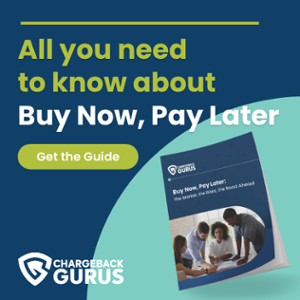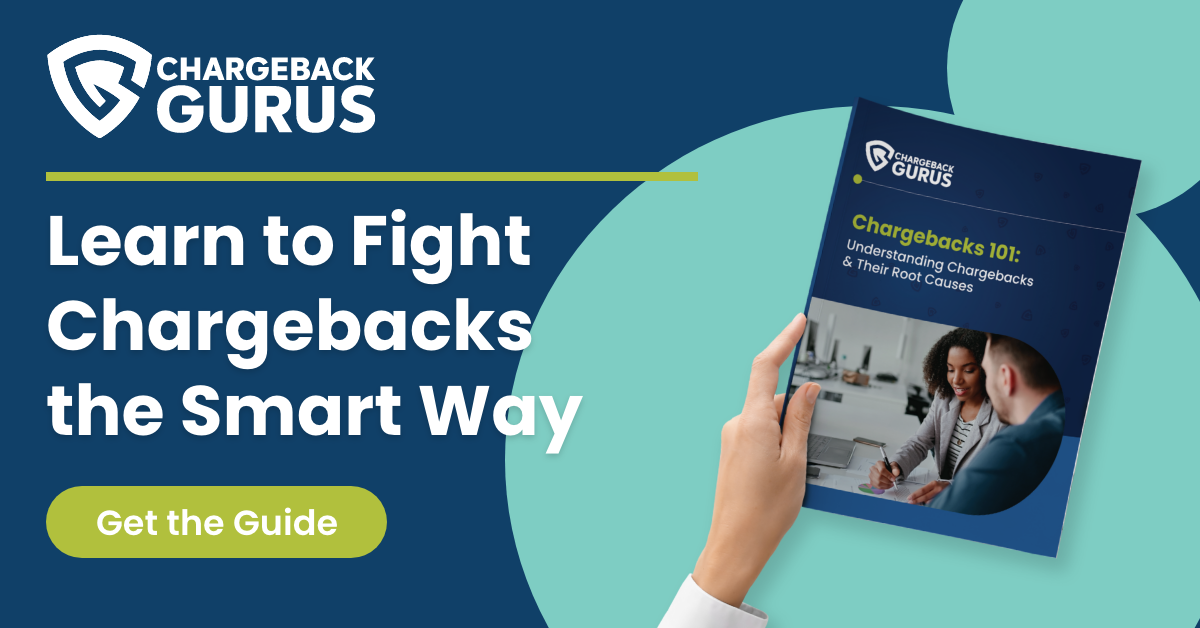What is Visa+?
Over the last decade, P2P payment apps have taken an increasingly large role in the global payments ecosystem. However, the competition between different apps in countries like the U.S. has led to some issues for consumers. Between Venmo, CashApp, PayPal, Zelle, and more, there’s a strong possibility that two people trying to make a transaction won’t be on the same platform. That’s where Visa+ comes in.
Visa has unveiled Visa+ as a solution to break down barriers in peer-to-peer (P2P) transactions, enabling seamless money transfers between different payment providers. Let’s take a look at Visa+ and its implications for both users and the broader payment industry.
What is Visa+?
Visa+ is a money transfer service designed to act as a bridge between different existing P2P payment platforms. Visa is attempting to a more unified and accessible payment experience for users with minimal added complexity.
How Does Visa+ Work?
Users will create a unique Visa+ payname linked to their existing account on PayPal, Venmo, or another participating platform.
 This payname acts as a "receive-only" personalized payment address that can be shared with senders on different platforms, streamlining the transaction process.
This payname acts as a "receive-only" personalized payment address that can be shared with senders on different platforms, streamlining the transaction process.
- Creation: Users create a Visa+ payname through a participating app like PayPal or Venmo.
- Sharing: The payname can then be shared with a sender using another app.
- Tokenization: The sender's app requests a token from the Visa+ service.
- Real-Time Payment: The payment is pushed through to the recipient's wallet and credited to their account instantly.
Essentially, a Visa+ payname acts as a cross-network pseudonym for the account used to create it.
Entering someone’s PayPal address into Venmo won’t get you anywhere, but enter the Visa+ payname for that account instead, and Visa will route the payment where it needs to go.
Is Visa+ Secure?
Visa+ ensures that personal details like bank account numbers and email addresses aren't shared during transactions, offering additional privacy. It also emphasizes security through a multi-layered system of controls, incorporating protocols for stepped-up recipient verification.
- First-time Verification: If a sender is transacting with a recipient for the first time, they must complete additional verification to ensure the funds reach the intended recipient.
- Subsequent Transactions: Senders can remove the stepped-up verification for future transactions with the same recipient.
- Transaction Limits: The service will have a cap on transaction amounts, with the U.S.-based service limited to $2,500.
FAQ
What Platforms Will Visa+ Be Available On?
At launch, the platforms participating in Visa+ will include PayPal, Venmo, i2c, DailyPay, TabaPay, and Western Union.
Does Visa+ Require a Visa Credit Card?
No. Visa+ can be tied to any existing account on a participating platform and does not require users to have a Visa card associated with their accounts.
When Will Visa+ Launch?
Visa+ is expected to be fully rolled out in mid-2024.
Challenges and Future Scope
While Visa+ presents immense benefits, it's not without challenges. High-profile omissions from Visa's initial roster of participating platforms, such as CashApp, indicate that there may be hurdles to achieving complete interoperability.
 In addition, if some current platforms begin to merge or die off, Visa+ may present less of a benefit to consumers.
In addition, if some current platforms begin to merge or die off, Visa+ may present less of a benefit to consumers.
However, Visa+ is a large step towards unifying the fragmented world of P2P payments. By allowing seamless transactions between different providers, it enhances user experience and sets the stage for more integrated payment solutions.
While there are challenges to overcome, the collaboration between various financial services and payment companies shows a collective move towards a more harmonious future in digital payments.
The success of Visa+ may well define the path forward for the entire industry. Its impact, however, will only become clear as the product rolls out and evolves in the coming years. The global payment community will be watching closely, and Visa's move could inspire further innovation and integration within the ever-expanding world of digital commerce.
Thanks for following the Chargeback Gurus blog. Feel free to submit topic suggestions, questions, or requests for advice to: win@chargebackgurus.com



